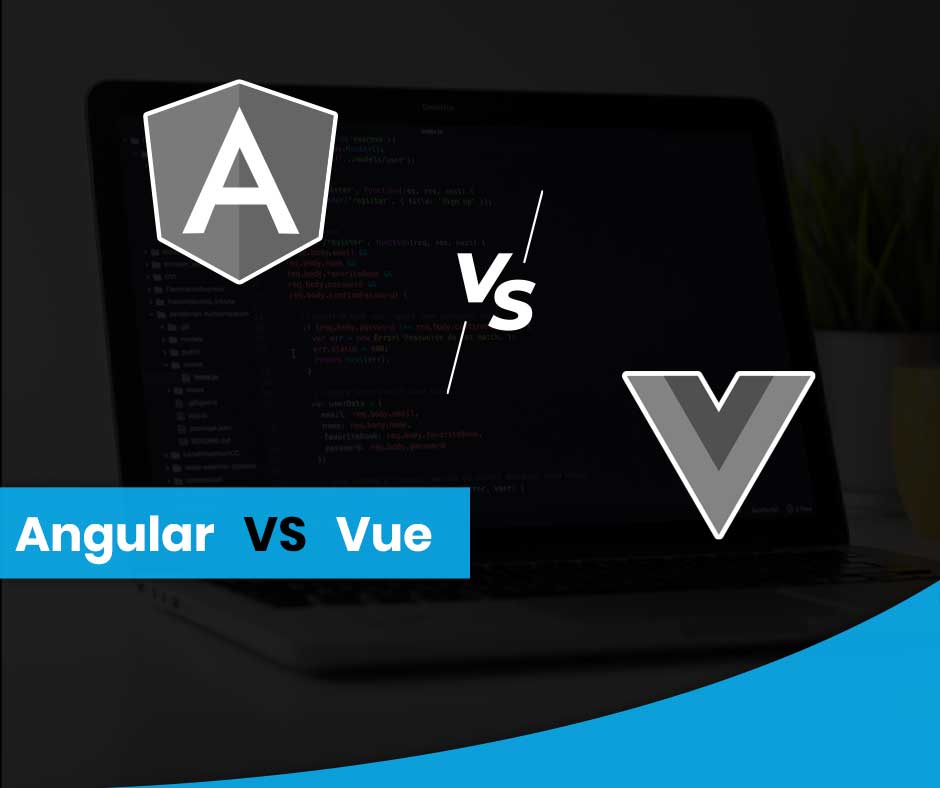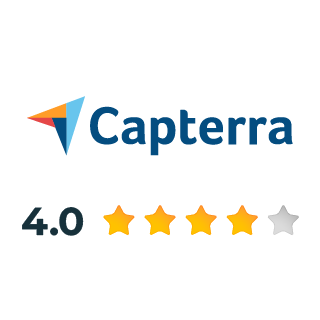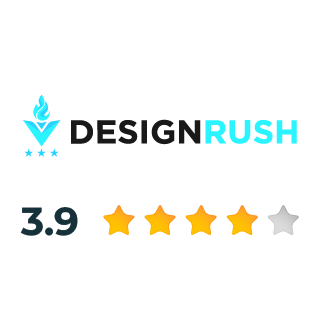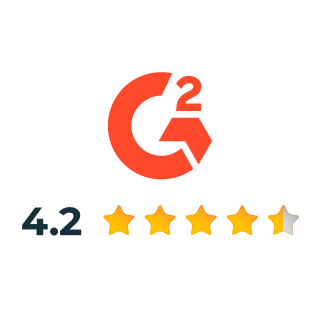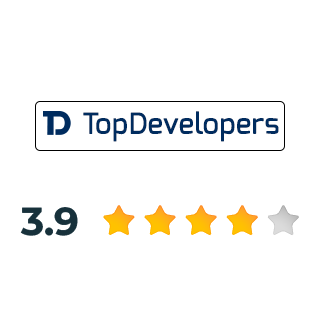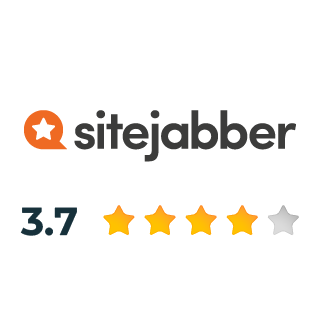What is Angular?
Google’s Angular framework is a JavaScript framework for building complex web applications. It offers developers a robust collection of tools and functionality for creating complicated web apps.
Angular has a component-based design, which enables quick updates and display of big data sets. It also supports two-way data binding, allowing for real-time user interface modifications. Angular also includes a robust collection of built-in directives. And services and a powerful command-line interface. For developing, testing, and deploying applications.
What is Vue?
Vue is a well-known JavaScript framework for developing online apps.
A collection of independent developers created and maintain Vue, and it is been noted for its simplicity and ease of use. Vue has a more straightforward one-way data flow, which might be more efficient for smaller projects. It also offers an easy-to-understand syntax and a straightforward framework. Making it a popular choice for novices and small-scale applications.
Advantages of Angular:
Here are a few of the noticeable advantages of using the Angular framework:
1. Deep Linking Module:
Developers and programmers get a wide linking module from Angular due to its single-page app development. It helps programmers and developers understand the way Ajax functions and they are able to add its benefits to your app project.
2. Server-Side Rendering:
Angular framework offers better features and functions that facilitate server-side rendering to increase the speed of the client-side page. It produces and allows the development more SEO-friendly JavaScript framework.
3. Filters and Tools:
Angular offers a variety of different tools and filters, tools, as well as features to create a faster and better development environment. These features incorporate and provide support for Node 10, a preview of Ivy, virtual scrolling, lazy loading, etc.
4. Separation of Concerns:
The MVC (Model-View-Controller) model helps in concerns’ separation for coding components. And Angular follows the same. Thereby, it gradually increases the speed for faster and cleaner development.
5. Scope Update with CLI:
Developers and programmers can easily install and use Angular CLI. It provides mobility that professionals demand with easier commands and efficient testing tools. Many platforms support it for helping developers update all the app elements.
Furthermore, it incorporates third-party libraries and APIs.
6. Testing and Maintenance:
Angular IO offers some advanced options for debugging as well as refactoring that help developers and programmers in maintenance and testing procedures. Furthermore, it may analyse the entire project in a single pass using a single testing tool such as Protractor, Jasmine or Karma. Also, it reduces the hassle of programmers and developers to make sure highly efficient outcomes.
Hire Angular Developer
Advantages of Vue:
A popular front-end JavaScript framework, Vue.js offers the following advantages and makes app development easier:
1. Ease of Learning:
Vue CLI falls under the category of one of the most famous JS frameworks in 2019. In comparison with other frameworks incorporating Angular, its CLI is basic and is going to be very fundamental.
Apart from this, it has updated and superb documentation. This is why it has become the first choice an option for people who want to enter the development environment.
2. Memory Consumption:
Another advantage of Vue.js development is that the resulting application is as little as 18kb after compression. For this reason, it is the first option to target the user base that makes use of and needs low memory consumption with amazing features and accessibility.
3. Speed of Download:
The app size is one of the prime reasons why developers and programmers like Vue. It contains a minimal app size and thereby, you can download and use the app faster and in a much easier way.
4. Readability:
Since Vue is written in JavaScript and has the property that provides developers with clean codes, anybody can use this framework to read and understand the code easily and efficiently for taking the process of app development further. You don’t need prior programming and development experience to use Vue, although this can provide an added advantage.
5. Server-Side Rendering:
Another advantage of Vue.js is that it allows for server-side rendering. This boosts the speed of the execution for functions of pages on the client end, which gradually provides a better and much-enhanced and cleaner user experience.
6. Scope of Integration:
Vue.js aids and provides an easier and simpler integration procedure. This is why developers and programmers prefer it for both creating single-page apps from the beginning as well as the facilitation of integration of high-end elements into the present one.
Hire Vue Developer
Angular vs Vue Comparison
| Point of Difference |
Angular |
Vue |
| Community | It is a large community since it is the oldest. Because it is given by Google Developer, the code contributed by the community is secure. | As it has not been created by a tech company, the community is largely made up of open source contributors and freelancers. |
| Cases | Apps on a large scale, in real time, and expandable. | Apps aimed at early market launch, lightweight apps, and user-friendly apps. |
| Documentation | angularjs.org. | vuejs.org |
| Performance | Angular is well-known for its robust two-way data binding, which makes it well-suited for large-scale corporate applications. | Vue has a more straightforward one-way data flow, which might be more efficient for smaller projects. |
| Scalability | The architecture of Angular is better suited for large-scale corporate applications. | Vue works well for smaller projects and progressive web apps. |
Feature of Angular:
Angular is a popular JavaScript framework for developing web apps. It is well-known for its robust features and ease of use, making it a popular option among developers. In this tutorial, we’ll go over some of Angular’s important features, such as:
-
Cross-Platform:
Angular is a cross-platform framework, which means it is used to create web, mobile, and desktop apps. As a result, it is a flexible tool that may create various applications.
-
Angular Material and the Component Development Kit (CDK):
Angular includes a collection of tools called the CDK. Angular Material assists developers in creating high-quality, consistent user interfaces. Hence, this enables developers to design applications that appear professional and are simple to use.
-
Virtual Scrolling:
Angular has a virtual scrolling capability that enables the short presentation of long data lists. This feature enables the programme to manage massive volumes of data while maintaining performance.
-
Model-View-Controller (MVC) Architecture:
Angular employs the MVC architecture. It divides the application into distinct components that can be easily managed and reuse. Moreover, it simplifies the development and maintenance of large, complicated applications.
-
High Speed & Performance:
Angular is, meant to give fast speed and the best performance. It employs a strong change detection technique to guarantee that the programme stays quick and responsive even when the data and user interface change.
-
Directives:
Angular has a robust collection of directives that uses to extend the functionality of user interface components. These directives puts in animations, custom components, and other things.
-
TypeScript:
TypeScript, is a JavaScript superset that includes optional types and other capabilities to write code in Angular. This strengthens Angular and makes it easier to work with, especially for large, complicated projects.
-
Less Code Framework:
Angular is a less code framework, which indicates that it takes less code to do the same functions as other frameworks. This makes it more efficient and user-friendly, especially for new framework developers.
-
Data Binding:
Angular has a robust data binding framework that enables simple two-way data binding between the model and the display. However, it makes it simple to maintain the user interface up to date with the data.
Angular offers a robust collection of capabilities, making it a popular choice among developers. Its cross-platform features, fast speed and optimal efficiency, MVC design. Minimal code framework, virtual scrolling, directives, TypeScript support, data binding, and CDK. Angular Material make huge, complicated apps easier to create and manage.
Feature of Vue:
Vue is a well-known JavaScript framework for creating user interfaces. It has several characteristics that make it an effective tool for developers. In this tutorial, we will go through some of Vue’s important features, such as:
-
Complexity:
Vue is simple to understand and use, even for inexperienced developers. It is a lightweight, straightforward framework that enables developers. To construct and expand their apps.
-
Data Binding:
Vue has a robust data binding framework that enables simple two-way data binding between the model and the display. This implies that when the model’s data changes. The view immediately updates, and vice versa. This makes it simple to maintain the user interface up to date with the data.
-
Virtual DOM:
Vue’s usage of a virtual DOM is one of its defining characteristics. The virtual DOM is an in-memory replica of the actual DOM that is lightweight.
The virtual DOM updates first when changes, made to the data in a Vue application, then the changes are then mirrored in the actual DOM. It also enhances the efficiency of updates and user interface modifications.
-
CSS Transitions and Animations:
Vue includes built-in support for creating transitions and animations to user interface components. Developers may use this to generate seamless, animated effects as items are also can add, delete or modify.
-
Run-time Performance:
Vue is, intended to be quick, with a minimal footprint and rapid user interface changes. Hence, guarantees that the programme functions smoothly and that the user has a positive experience.
-
Template:
Vue supports using HTML templates to determine the structure of the user interface. These templates are then converted into JavaScript code that can run in any browser. This makes it simple to develop and maintain the user interface framework.
-
Flexibility and Modularity:
Vue is, meant to be versatile and modular. Allowing developers ty construct and grow their applications. It is always used in many situations, from simple single-page applications to large, complicated systems.
-
Optimization:
Vue has techniques for optimizing and improving application speed. Like lazy-loading and asynchronous updates. Also allows the programme to execute smoothly and effectively even if the data and user interface change.
-
Computed Properties:
Vue supports computed properties. Cached values that update as their dependents change. Overall it is, handy for computing values in the application based on other data.
Vue has several capabilities that make it an effective tool for creating user interfaces.
Vue’s Virtual DOM, data binding, and CSS transitions & animations make designing dynamic. And also interactive user interfaces are easy. Templates, computed properties and optimization tools. Also, make maintaining and growing the application simple.
Also Read: What is the difference between Node vs React vs Angular in front-end web development
Comparison
-
Syntax
Particularly, although the syntax of the two frameworks is similar, the use cases for Angular and Vue are different. The history of each framework exemplifies these use cases.
Both of these technologies have similar kind of syntax and both are easy to learn for beginners and novice programmers and developers.
Angular is a highly popular corporate solution. Many banks, financial institutions, and backend developers prefer to use Angular as their development framework. Angular is supported by Google and has been adopted by well-known companies such as WhatsApp, Instagram, and PayPal.
Some popular websites made using Angular:
AT&T Uverse, Google Adwords, HelloFresh, PayPal Community, Upwork, NBA, Tesla, Stack share.
Evan You, a former Google employee, created Vue. Evan’s prior experience at Google working on Angular provides him with a comprehensive understanding of Angular’s capabilities. Vue aims to efficiently construct fast and progressive JavaScript applications.
Firms such as Alibaba, GitLab, and Grammarly rely on Vue.js, and it appears that these companies recognise the benefits of Vue.js.
Angular is commonly used for developing enterprise application clients and is considered a more robust and mature framework. However, this also means it may take longer to develop applications with Angular. Vue, on the other hand, is well-suited for creating simple, high-performing applications and for quickly prototyping ideas.
Some popular websites made using Vue:
9Gag, Behance, Gitlab, Nintendo, MindStamp, Vice, Chess.com, FontAwesome
To get a sense of current Angular and Vue usage, below are the total number of downloads from NPM by developers in the previous year:
-
Github Activity
The GitHub activity of Vue and Angular is noteworthy. Vue has a higher number of stars and forks compared to Angular. As of this writing, Vue has 18.2k forks and 130k stars, while Angular has 11.8k forks and 45.3k stars, indicating that Vue has gained more widespread popularity. However, Angular leads in terms of contributions with 845 compared to 260 for Vue, which is expected given Angular’s longer history.
Angular being more mature than Vue framework, the latter has more forks and stars as proved in Github developer activities.
-
Experience of Developers
The State of Js 2018 Survey suggests that Vue.js has some advantages over Angular. The survey found that Vue’s average salary offers are comparable to Angular’s, and significantly fewer developers abandon Vue after trying it compared to Angular. Additionally, a similar number of experienced developers are willing to work with both Vue and Angular, but a large number of developers have reportedly abandoned Angular for alternatives such as Vue and React. Furthermore, the survey indicates that more people are interested in learning Vue than Angular.
When using these technologies the main point is that the developer experience also matters the most when it comes to using a particular technology stack or framework.
In addition time, the employment market continues to prefer Angular over Vue. Angular is losing ground in terms of job opportunities, while Vue is gaining traction. This article on jobfluent.com highlights this trend clearly. Angular employment opportunities are far more common in most areas than Vue job possibilities. As Angular is losing ground, it will be interesting to watch how the tendencies in 2019-20.
-
Runtime performance
This section concludes with a lot of interesting numbers regarding runtime performance. In most measures, both Angular and Vue are green, or at worst yellow. Only one measure is detrimental to Angular: the non-keyed Script Bootup Time. A comparison of Angular 227.6 vs Vue 56.9 clearly demonstrates the cost of Angular inclusion. In applications, Vue is the natural choice where there is restrictions of space and memory. Depending on generic data, Angular’s weak points include startup & memory allocation, whereas it surpasses Vue in runtime metrics. Both of these technologies provide adequate performance when it comes to the design and development of single page applications and web based application implementations.
Read More: Why should you Hire Angular Developer for Web App Development?
Conclusion- Angular vs Vue:
In conclusion, Angular and Vue are both powerful JavaScript frameworks that can be used to build complex web applications. Angular, being a fully-featured framework developed and maintained by Google. Large-scale enterprise applications requiring a high level of scalability and maintainability are a wonderful fit for Angular.
On the other hand, Vue is a more lightweight and flexible framework that is well-suited for small to medium-sized projects. It is especially well-liked among programmers who like a more incremental method of building web apps.
Ultimately, the choice between Angular and Vue will depend on the specific requirements of your project and the preferences of your development team. Hope you like this blog on Angular vs Vue. Do check our other blogs. And if you are looking for Web App Development click on the banner below and share your details with the requirement.
